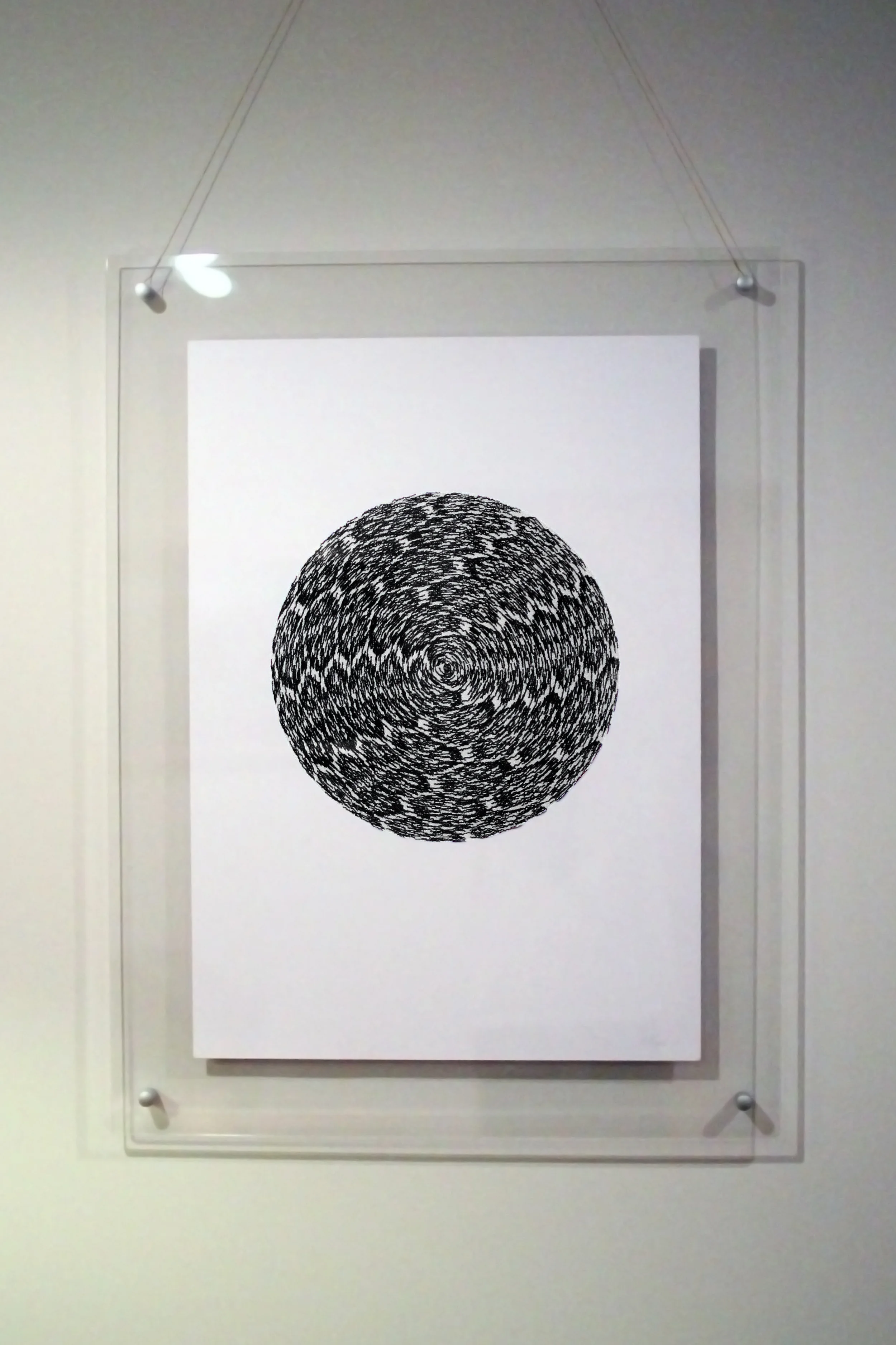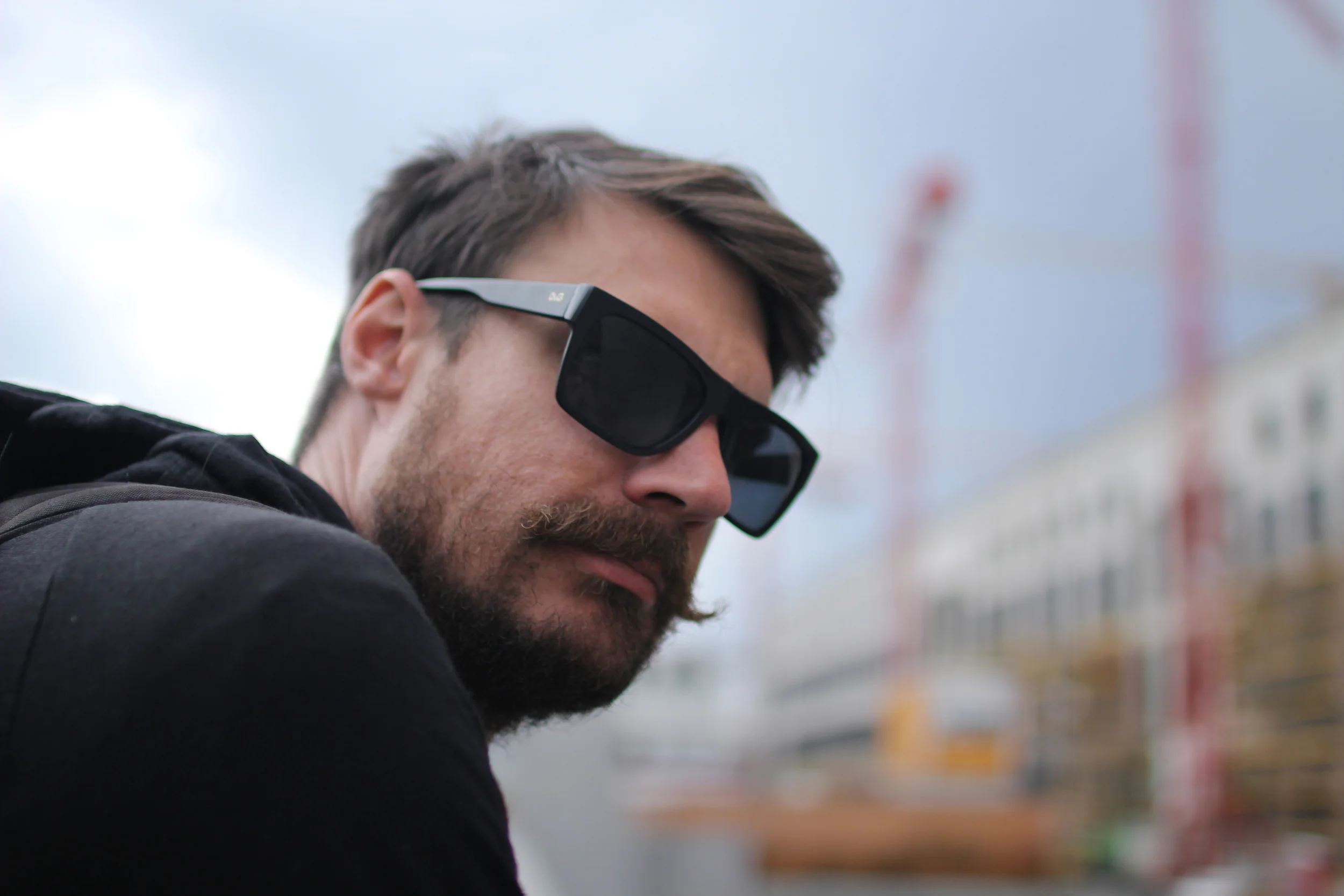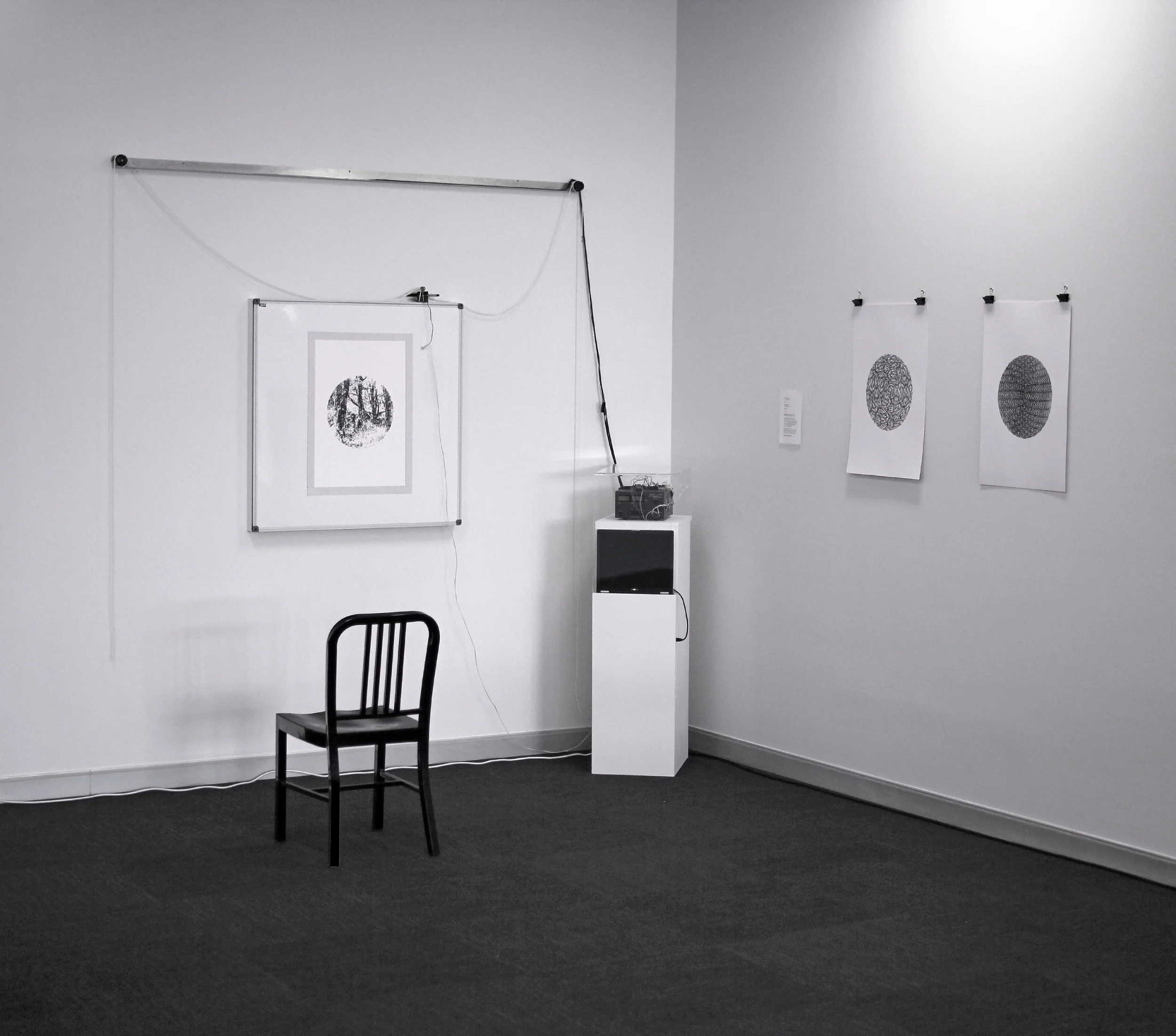


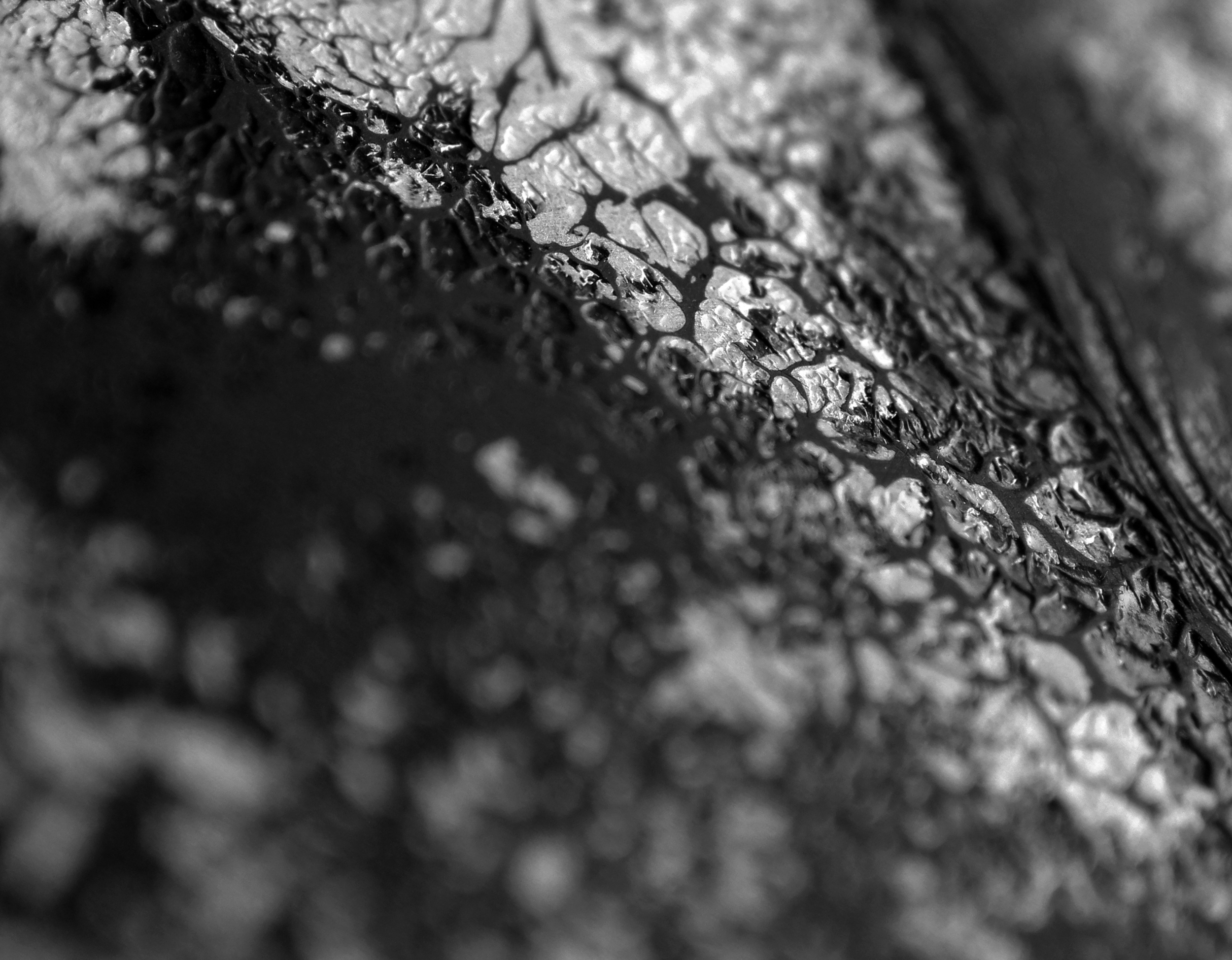
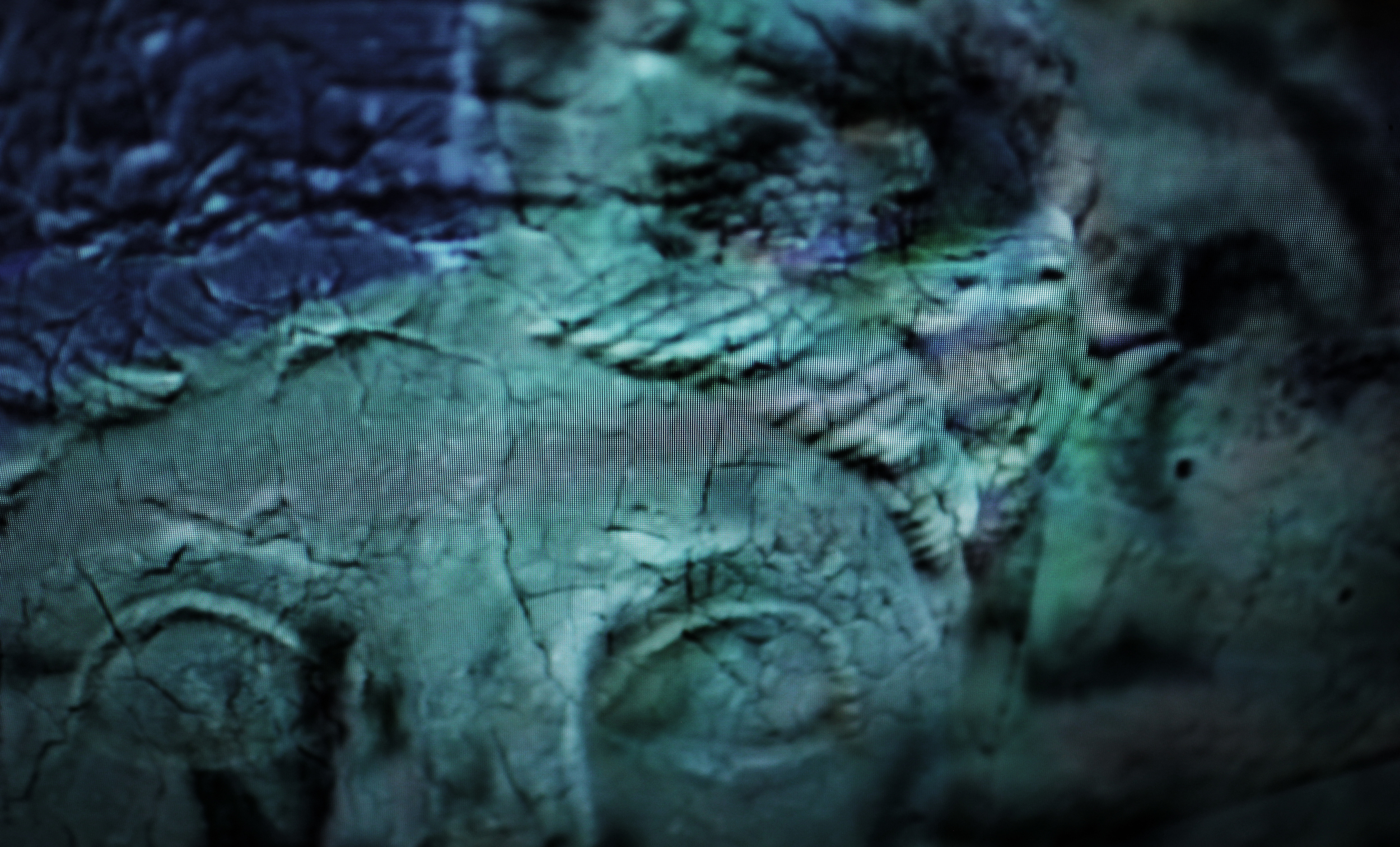

ARTEFACT
VISUAL ANOMALIES BY NICHOLAS KEYSE
ARTEFACT
VISUAL ANOMALIES BY NICHOLAS KEYSE
VISUAL ARTEFACT
Anomalies during visual representation of digital graphics and imagery.

OVERSHADOW
OVERSHADOW

ETERNITY SPIRALS
ETERNITY SPIRALS

SIMULARCA
SIMULARCA

DATAMOSH
DATAMOSH
ARTEFACT
A collection of VISUAL ANOMALies BY artist NICHOLAS KEYSE
Eternity Spirals explore the relationship of a finite sequence repeated around an Archimedean spiral, causing Fibonacci patterns. These patterns are anomalies that occur when certain scales and lengths come together making sense of a somewhat nonsensical data. On either side of these harmonies is pure digital 'noise'. No structure, no uniform pattern, no self.
These special points of mathematics which are repeated in nature can be represented as life. Outside of this life is less than death, it is nothing. Space, a vacuum. These spirals represent mathematics coming alive in a visual way.
Within the Eternity Spirals there are also many artefacts caused by the inherent limitations of the drawing machine which creates the drawings. From when it was once thought to be imperfect results to now being the true inherent quirks of the drawing machine. These anomalies can be replicated over and over again. Exposing the machines true self. A singular Eternity Spiral will exhibit these inherent anomalies which are only noticeable when compared between two identical drawings.
In the piece Simulacra Nicholas Keyse was wanting to depict scenes of New Zealand alpine forests. Nicholas's passion for back country hiking in the Southern Alp of New Zealand, has lead him to some spectacular sights but one scene that he has encounted many times over in his travels is a scene where light has penetrated the canopy in a peculiar way creating a unique mystical atmosphere. This anomaly appairs when the shape of the valley, accompaning river and forest perfectly aligns with where the sun is held in the sky. After photographing these scenes Nicholas has endeavoured to recreate the feel and mood through oil painting.
Fractals are everywhere in nature. Patterns reoccurring in different scales. When trying to paint the forest scenes Nicholas has forced perspective by the use of different scales within his unique painting technique.
Datamoshing is a complex technique where the movement in one layer of video is applied to another layer of footage, using lossy compression and removed frames to create a glitchy result.
Nicholas is using video compression to intentionally produce compression artefacts for artistic purposes, a style known as Glitch Art.
With a lot of the imagery stripped from the data stream while leaving the motion prediction information Nicholas is able to create imagery that evolves over time and usually never replicated.
While motion prediction is used compression artifacts remain on several generations of decompressed frames, and move with the optic flow of the image, leading to a peculiar effect, part way between a painting effect and 'grime' that moves with objects in the scene.
Looping the data packets together in random orders and repetitions can cause a crescendo of imagery as the information of the previous frames still exist but then manipulated by the following frames. Creating unique visuals from the layering of pre-glitched data files.
Based in Christchurch, New Zealand, Nicholas Keyse graduated from the Christchurch Polytechnic Institute of Technology with a Bachelor of Design BOD after completing the Visual Communications course in 2004.
His practice predominantly involves pushing the boundaries of graphics technology to create unique results.
